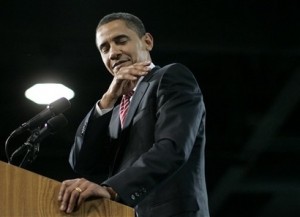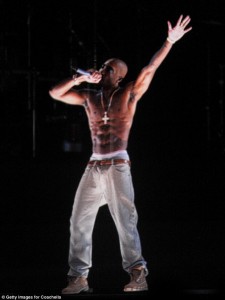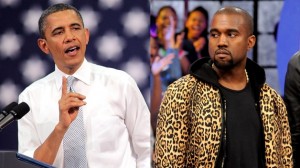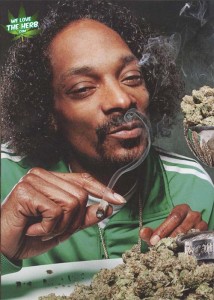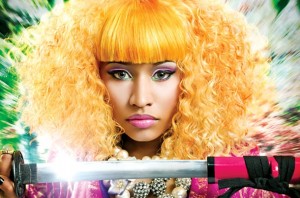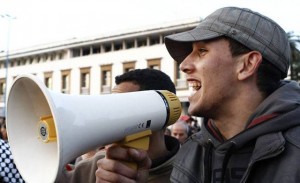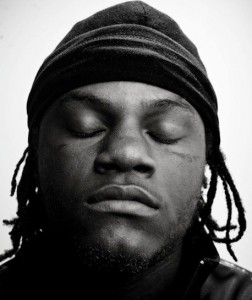Last night on the Jimmy Fallon show, Obama decided to “slow jam” the news with musical backing from The Roots, and in doing so seemed to dip his toe ever so tentatively back into the hip hop waters. As I’ve noted before, Obama was all about hip hop in the 2008 election but since then has backed off significantly, due in part to anticipated attacks from the right at a time he hopes to woo white independent voters. I’ve also noted that I think playing into the hands of Fox News morons is not a good strategy for him, and so maybe he’s reading this blog and following my advice? Here’s the performance:
This is funny, no doubt. And while the issue of student loans seems to be a pretty soft one to be campaigning on (no tackling the really big issues related to debt, jobs, etc.) the pain for millions of Americans will be real if the interest rate on subsidized Stafford loans doubles to nearly 7%. This will have traction with a significant number of whites, but also African Americans, who, based on proportion, borrow the most. So Obama seems to have found a smart issue to highlight–it will simultaneously appeal to that coveted white independent voter and provide badly needed financial relief for African American voters, many of whom are dissatisfied with Obama’s first term. He is navigating a course between the two constituencies, cautiously.
But what about hip hop? Is this the first of many attempts to reengage rap music in his campaign? Doubtful. For one, this isn’t a hip hop performance, and The Roots, although widely acclaimed (for good reason), aren’t your typical hip hop group. They play their own instruments, don’t get overly radical/controversial, and eschew the bitches-and-money rhetoric favored by most mainstream rappers. They are the house band for Jimmy Fallon, so how dangerous can they be? (Though they did stir up some controversy last year. When Michelle Bachman came on the show, they introduced her with Fishbone’s “Lyin’ Ass Bitch.” Fallon and NBC later apologized.)
The staging of the performance tells the story. With Fallon (a white male) foregrounded and The Roots all the way back, we get a visual representation of Obama’s strategy here. As with the student loan issue, he’s trying to find a safe middle ground by appealing to white independent voters, first and foremost, while giving a nod to the black community relegated to the background. I think he’s betting that his roots will run deep enough to survive on a few drops while he waters different fields this time around. We’ll see.

